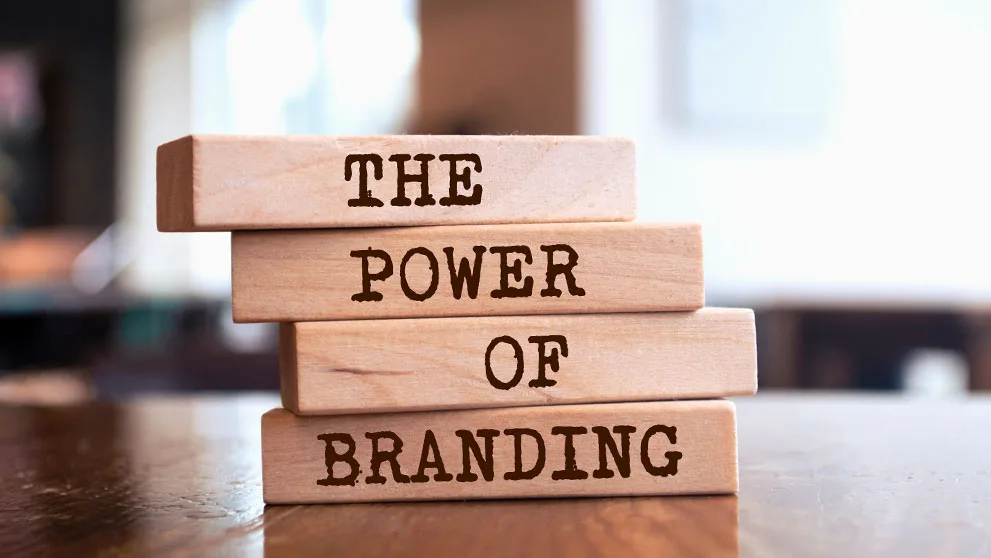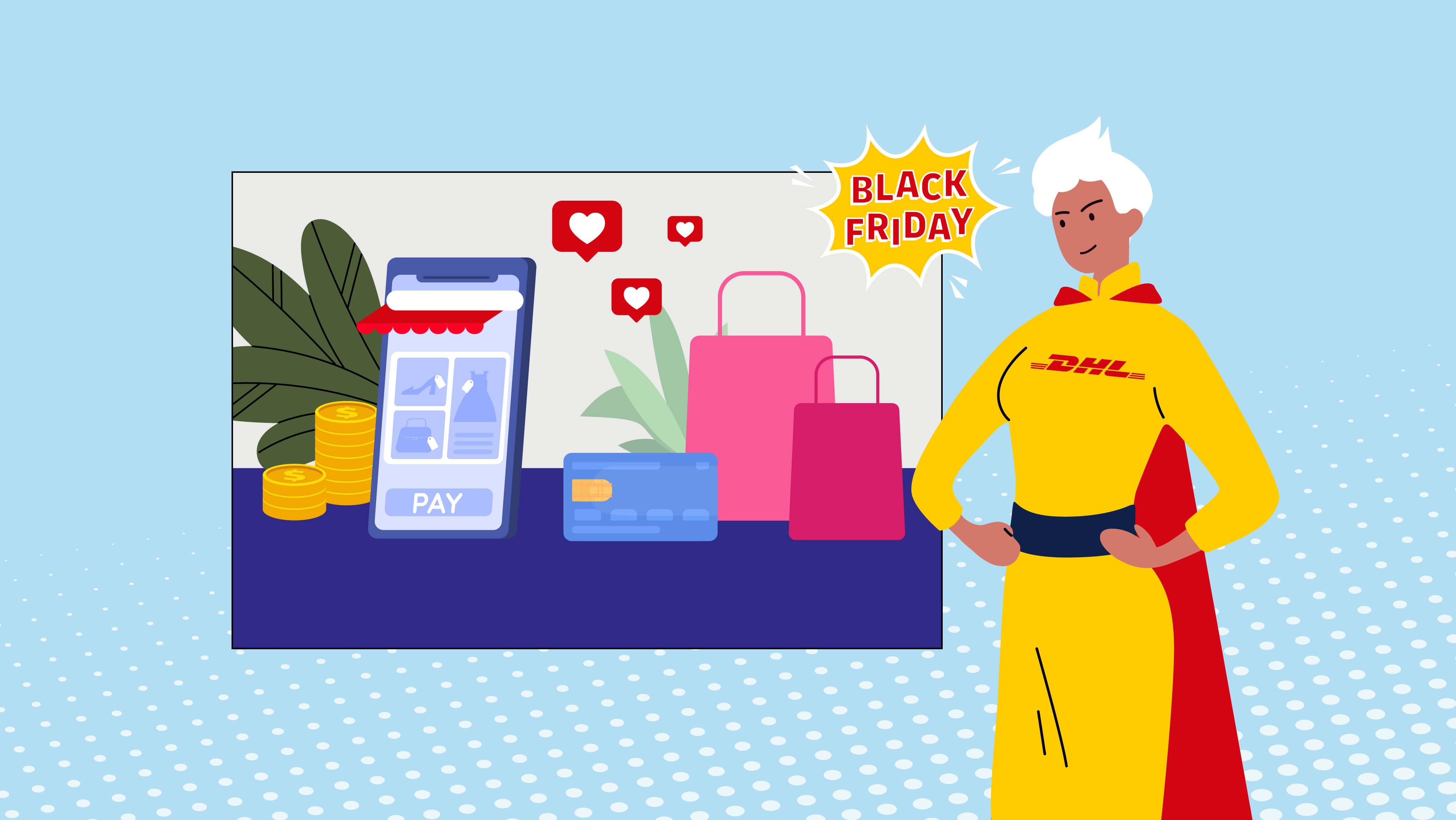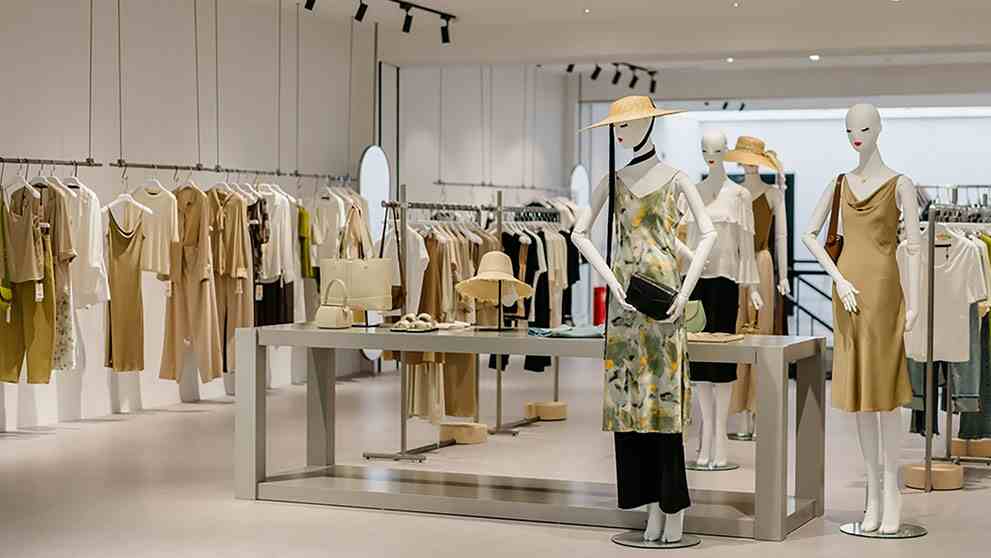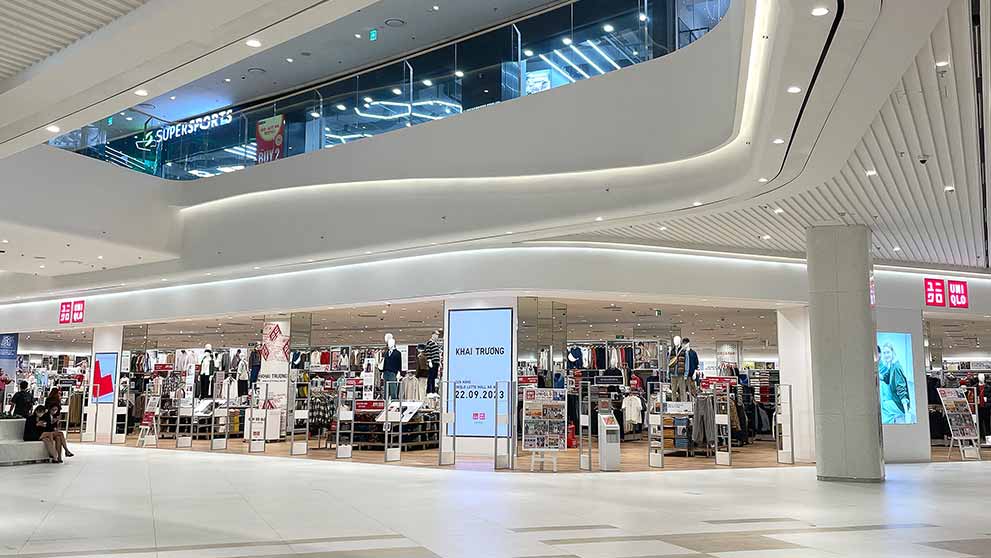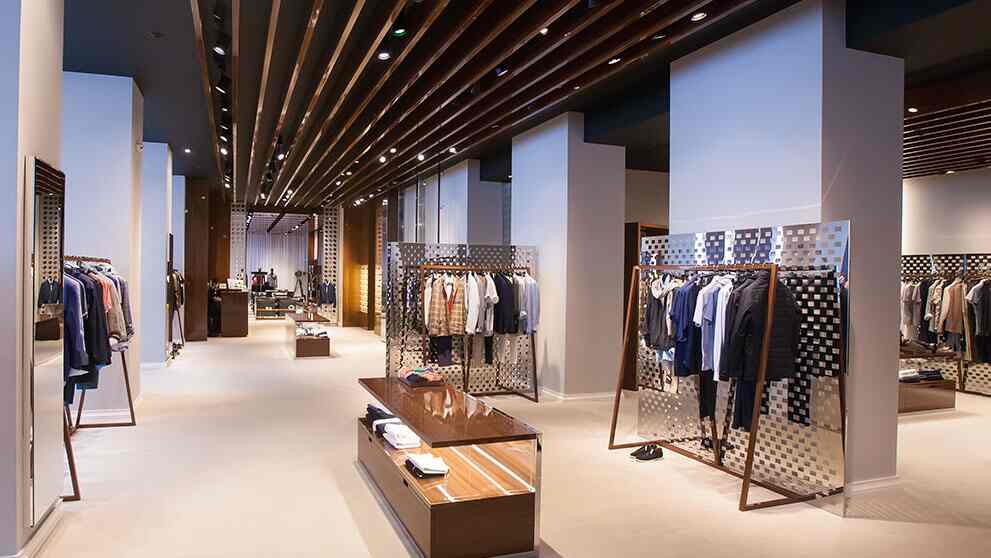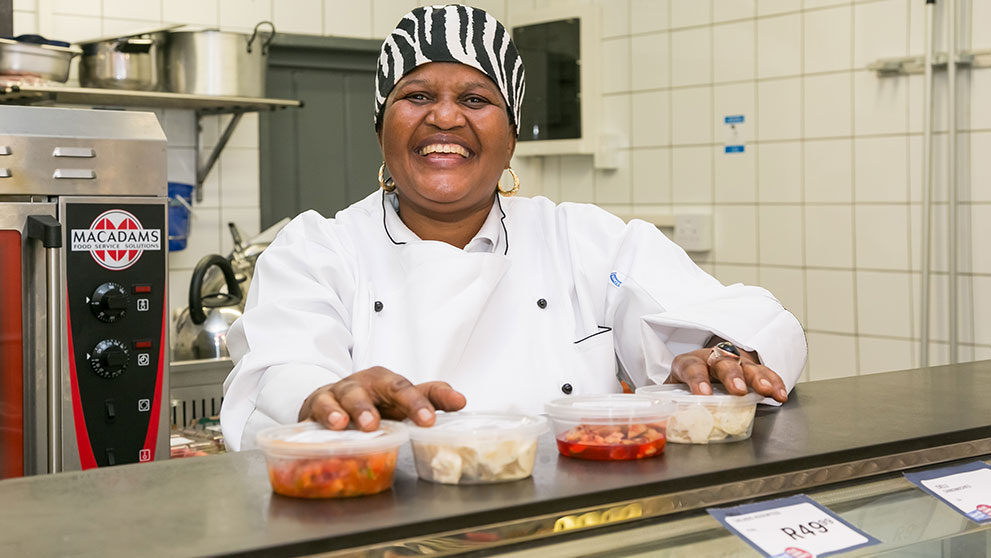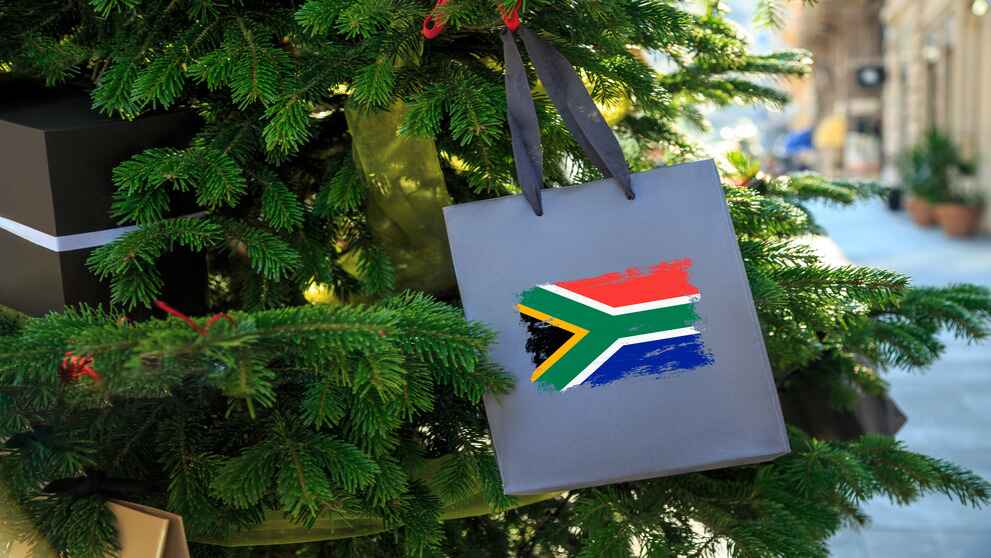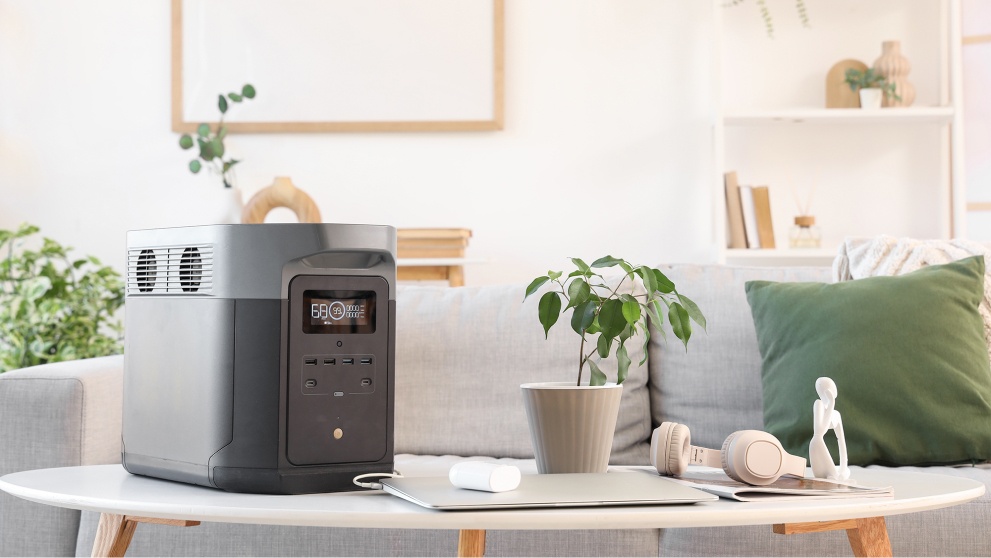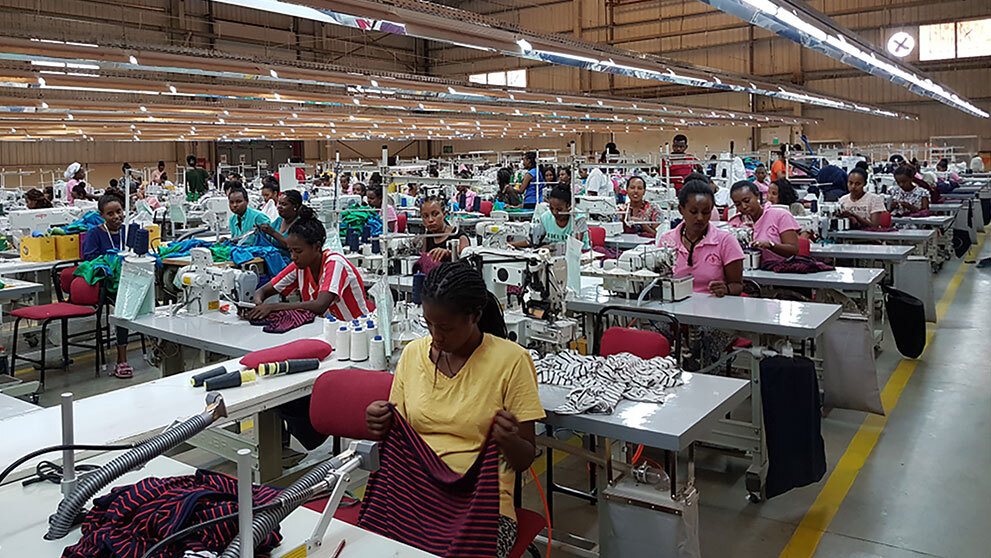In today's competitive South African business landscape, standing out from the crowd as an SME can feel like trying to find a needle in a haystack. With countless options available to customers, how can you make your business truly memorable and entice potential clients to choose you over the competition?
The answer lies in building a strong brand perception.
What is Brand Perception?
Brand perception isn't just about logos and taglines – it's the way customers perceive your entire business. It's the feelings, impressions, and experiences they have when they interact with your company, from the moment they first discover you to the after-sales service they receive. A positive brand perception means customers trust and feel loyal to your brand, leading to repeat business and valuable word-of-mouth recommendations.
Imagine three coffee shops on Junta Street, Johannesburg. Let’s say two boast a generic logo and basic offerings, while the other has a warm, inviting atmosphere, a compelling story about ethically sourced beans, and an active social media presence showcasing barista skills. Which one are you more likely to patronize? The answer is clear.
That's the power of brand perception – it shapes how customers see, experience, and interact with your business.

Key Factors Shaping Brand Perception
South African consumers are savvy and value-driven. They're willing to pay more for brands they believe in and that align with their values. So, what influences how customers perceive your brand?
Customer Service: In an experience-driven economy, exceptional service is non-negotiable. Friendly, knowledgeable staff who communicate effectively and handle returns with ease create a positive customer experience.
Product Quality: Delivering well-made, reliable products that meet or exceed customer expectations builds trust and a strong reputation.
Brand Story: Sharing your brand's origin, values, and mission resonates with customers on an emotional level, fostering a deeper connection.
Social Responsibility: Demonstrating a commitment to positive social causes, environmental sustainability, and community upliftment aligns your brand with values that matter to socially conscious consumers.

Building a Strong Brand: Practical Strategies for SMEs
Now that we understand the key drivers of brand perception, let's explore some concrete strategies you can implement to strengthen your brand.
Develop a Strong Brand Identity: This includes clear, visually appealing graphic elements like a memorable logo, a distinct color scheme, and unique typography. But it's equally important to have a consistent message that reflects your values and appeals to your target audience.
Craft a Compelling Story: Share your brand's journey, what drives you, and how you serve your customers. Authentic storytelling creates an emotional bond with customers and sets your brand apart.
Embrace Effective Marketing: Utilize targeted online and offline strategies to reach your ideal customers. Social media marketing, content marketing, influencer partnerships, and local sponsorships are all powerful tools at your disposal.
Focus on Customer Relationship Building: Every interaction with a customer is an opportunity to build trust and loyalty. Respond promptly to inquiries, engage actively on social media, and go the extra mile to provide exceptional service.
Understand Cultural Relevance: Tailor your brand messaging and marketing strategies to resonate with South African cultural nuances. This shows you understand and respect your local market.
Innovate Continuously: Stay ahead of trends and continuously improve your products, services, and customer experience. Innovation demonstrates your commitment to excellence.
Success Stories: SMEs with Strong Brand Perception
Let's look at a few examples of South African SMEs that have successfully built strong brand perceptions.
The Local Brewery Co: This craft beer brewery in Cape Town focuses on storytelling and community engagement. By sharing their journey of crafting unique, locally inspired beers and actively participating in local events, they created a loyal following of beer enthusiasts who resonated with their brand story and values.
Sealand Gear: This Cape Town-based brand prioritized sustainable product design, transparent craftsmanship, community engagement, and inspiring storytelling. By committing to upcycled materials, supporting local artisans, engaging in sustainability initiatives, and sharing compelling brand stories, Sealand Gear established itself as a respected and purpose-driven company in the responsible gear and apparel industry.
Think Long-Term Value, Not Short-Term Hypes
Investing in your brand is like planting a seed. It may not sprout overnight, but given time and care, it will grow into something remarkable. While building a strong brand is a long-term strategy, the rewards are undeniably lasting.
Short-term gimmicks might grab attention at the moment, but they ultimately erode trust. Think of it like this: if a customer is promised a quick fix or flashy benefit that never materializes, they'll feel misled and disappointed. That damaged perception takes time and effort to repair.
On the other hand, focusing on the factors that resonate with South African consumers – quality, authenticity, and social responsibility – is like planting a sturdy oak tree. It takes time to grow, but its roots run deep and its branches provide lasting shade. A brand that embodies these values not only stands out in the market but thrives, attracting new customers and retaining existing ones through genuine connection and consistency.
The Power of Partnership: How DHL Contributes to Strong Brand Perception
As an SME, your logistics partner plays a crucial role in shaping how customers perceive your brand. DHL offers reliable, efficient delivery services that enhance your brand reputation. With real-time tracking, seamless deliveries, and a positive customer experience, DHL helps you build trust and reinforce your brand as reliable and customer-focused.
The Bottom Line
Building a strong brand perception is a long-term investment that pays off in increased customer loyalty, repeat business, and positive word-of-mouth. While it requires effort and consistency, the rewards are significant. By focusing on the factors that resonate with South African consumers – quality, authenticity, and social responsibility – you can create a brand that not only stands out but thrives in the competitive market.
Get Started Today
Ready to take the next step and build a powerful brand that sets your SME apart? Open a DHL business account and start leveraging the benefits of a reliable logistics partner that enhances your brand perception from day one.

